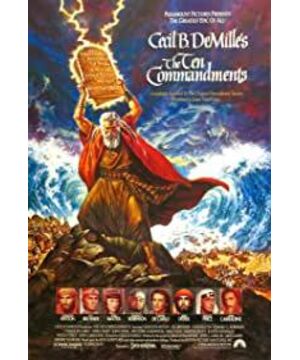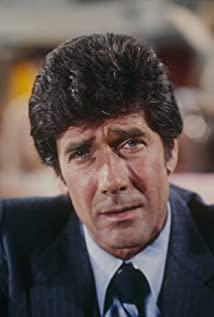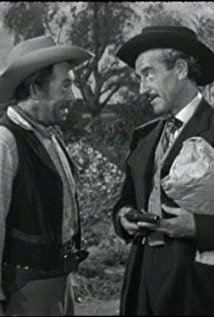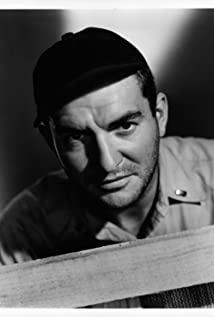Fortunately, I don't think so now. Tolstoy once said through his characters: All thoughts that produce great results are very simple. The Ten Commandments are such simple things. The Ten Commandments are simple, plain, concise, and clear, full of common sense derived from nature, and embody justice that everyone can understand. More importantly, the Ten Commandments are closely related to our lives, because the sins it summarizes are always with us, and each of us may become the perpetrator and victim of sins. It is these evils that have caused the misfortune and disaster in our lives to a large extent, and the biggest evil is probably that the perpetrators of evil deeds cannot be punished and stopped. The Ten Commandments are intended to improve the world and increase happiness by stopping and punishing evil. The Ten Commandments help us avoid disasters and misfortunes and live a life of safety, freedom, peace and dignity with a spirit of temperance and peace.
Some scholars refer to certain provisions in the Ten Commandments as the early declaration of human rights. When I first heard this statement, I felt very uncomfortable, but gradually I felt that this statement was very appropriate.
"Don't kill." It can be understood that a person has the right to life;
"Don't steal." "Don't covet someone else's house, or covet other people's wives, slaves, bulls and donkeys, or other things." People have the right to property;
"Don't give false testimony. Frame people." People have the right to reputation. ...
Human thoughts can be expressed in different ways. Our understanding of human rights that we cherish may sometimes be too narrow, and we often think that it can only be expressed in the set of terms that we are accustomed to, and that it originated from ancient Greek humanistic thought. I think the Declaration of Human Rights simply reflects the human desire for security, freedom, peace and dignity. This desire is innate to people, which predates ancient Greece, and predates the Magna Carta of England in 1215. The greatness of the ancient Greeks is that it provided a series of vocabulary and expressions for this desire. These vocabulary and expressions accurately and fully explain this desire, and have been accepted and familiar with today's people.
The new meaning of the United Nations "Universal Declaration of Human Rights" promulgated in 1948 is that, using a set of terms that we are familiar with and accustomed to, it comprehensively and clearly expressed for the first time the ideals of mankind to build a free, just and peaceful society and to protect everyone. The determination of dignity. However, these ideals and determinations are not new. They are almost as old as human society and exist in the ancient books of many nations in written form, including the Bible, especially the Law of Moses and the Ten Commandments. These classics must have inspired the drafters of the "Declaration" directly or subtly. A Chinese scholar who participated in the writing of the "Universal Declaration of Human Rights" later recalled that he drew a lot of inspiration from Confucian classics when he was engaged in this work. ("Southern Weekend" December 2008)
The film "The Ten Commandments" produced in 1956, narrated the ins and outs of the Ten Commandments. Perhaps it was the characteristic or common problem of the biblical movies of that era. The expressions and movements of the actors were a little stiff and unnatural. Today's audiences (including themselves) are a little uncomfortable. Fortunately, the scenes of the film are spectacular, colorful, and pleasing to the eye. Overall, it is worth watching. Especially in the scene of "Moses sharing the Red Sea and leading the Israeli people out of Egypt", its special effects not only won the Oscar for the best special effects award that year, but also can't help being amazed by watching it today. What's more valuable is that in terms of spirit and content, the film is also extraordinary. The opening is a biblical verse:
"God commands:'Let there be light,' light will appear."
The film emphasizes the connection between the Ten Commandments and freedom. One of the DVDs in my collection records a speech by director Cecil B. DeMille on the theme of the film: "...it should be the law of God or the whims of the dictator that governs mankind Are people the property of the country, or are they free beings under the care of God?..." It was during the Cold War. This passage is not only of eternal significance, but also full of the breath of the times. The director is quite proud to say that this film tells the birth of freedom. The battle between Charlton Heston's version of Moses and the bald-headed Yul Brynner's version of the pharaoh in the film is like the Cold War. It is not only a contest between two giants and two groups, but also Confrontation between two opposing values. The encounter between Pharaoh and Egypt also reveals to the world like a parable: If the authoritarian rule is not reformed in time and knows how to compromise, then disaster will come.
At the end of the film, the sentence "There is no freedom without law." rang out loudly, summarizing the Ten Commandments and even the relationship between law and freedom. A few years ago, I read an admonishment from Harvard Law School to graduates: treat the law as "a wise restraint, which sets people free." The two mean the same thing.
The law here, of course, is not the "fantasy" labelled by the powerful and powerful. "Unjust laws are not laws at all" (Augustine). It can only be natural law that conforms to the principles of justice and humanity, such as the Ten Commandments.
View more about The Ten Commandments reviews











